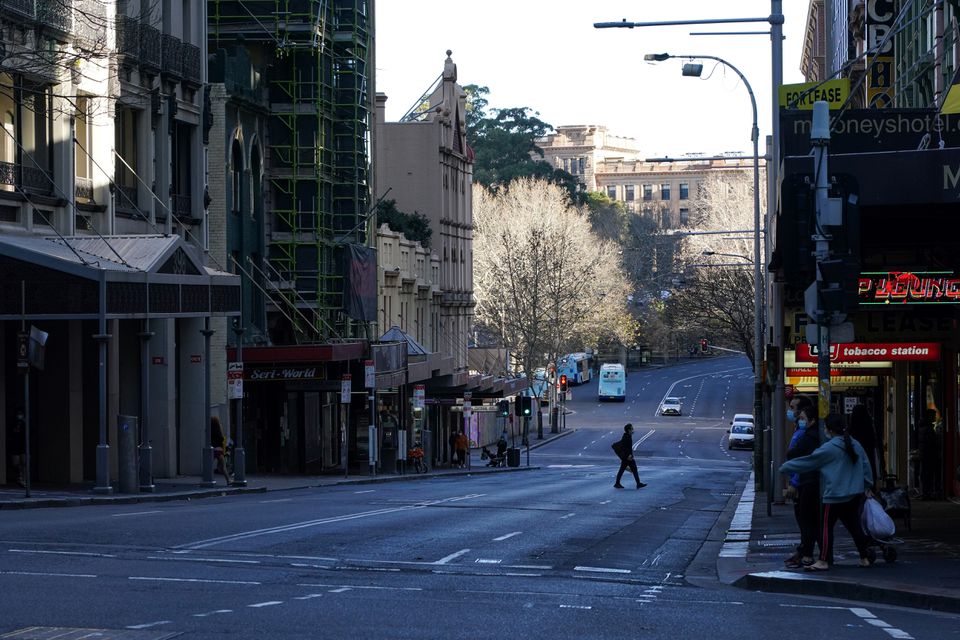Australian PM apologises for COVID-19 vaccine delays as cases spike
Australia's prime minister apologised for a sluggish COVID-19 vaccination programme on Thursday, while the country's most populous state reported its biggest one-day spike in infections in 16 months and warned cases would likely rise further.

Sydney: Australia’s prime minister apologized for a sluggish COVID-19 vaccination program on Thursday, while the country’s most populous state reported its biggest one-day spike in infections in 16 months and warned cases would likely rise further.
Australia was widely lauded for containing the pandemic in 2020, but it has struggled this year to slow the spread of the highly contagious Delta variant even with more than half its 25 million population under a weeks-long lockdown.
The curbs, which Treasurer Josh Frydenberg said was costing the economy about A$300 million ($220 million) daily, and the likelihood that they will stay in place with less than 15% of the adult population fully vaccinated have stoked public anger.
Also Read | Australia’s Covid-19 response team holds urgent meeting amid outbreak
“I’m sorry that we haven’t been able to achieve the marks that we had hoped for at the beginning of this year,” Prime Minister Scott Morrison told reporters in Canberra.
Australia has been administering less than 150,000 vaccines each day, well behind other developed nations.
The government says it will meet its target to inoculate its adult population by end-2021 as millions of vaccine doses arrive from Pfizer and Moderna in the coming weeks.
Also Read |
Sydney suffers worst pandemic day as lockdown nears six weeks
Earlier in the day, New South Wales (NSW), Australia’s most populous state, reported 124 new COVID-19 cases, versus 110 a day ago, the highest in 16 months.
Most of the infections were reported in NSW capital Sydney, which is in its fourth week of lockdown. Victoria state, entering a second week of stay-at-home orders, logged 26 new cases, up from 22.
“We anticipate case numbers will continue to go up before they start coming down and we need to brace ourselves for that,” said Gladys Berejiklian, premier of NSW.(Reuters)
 Dynamite News
Dynamite News 